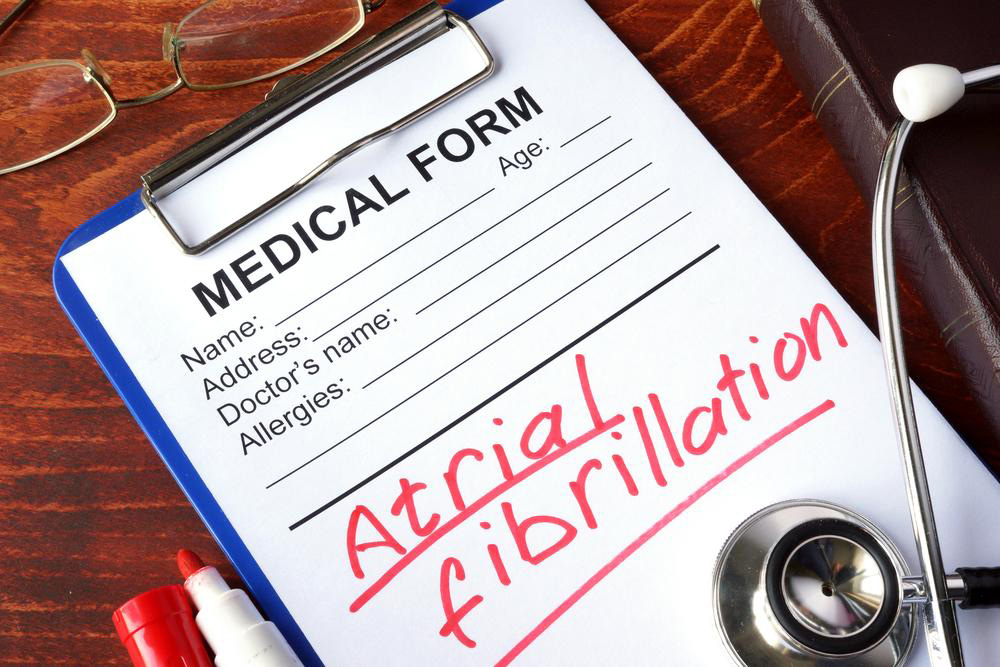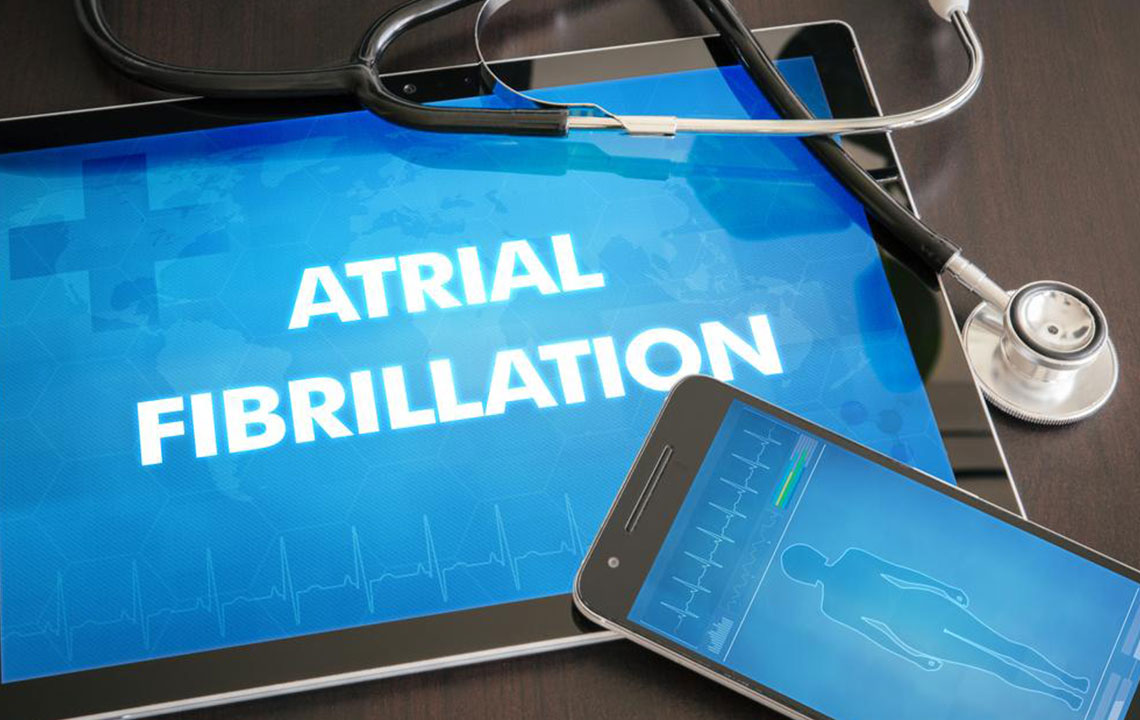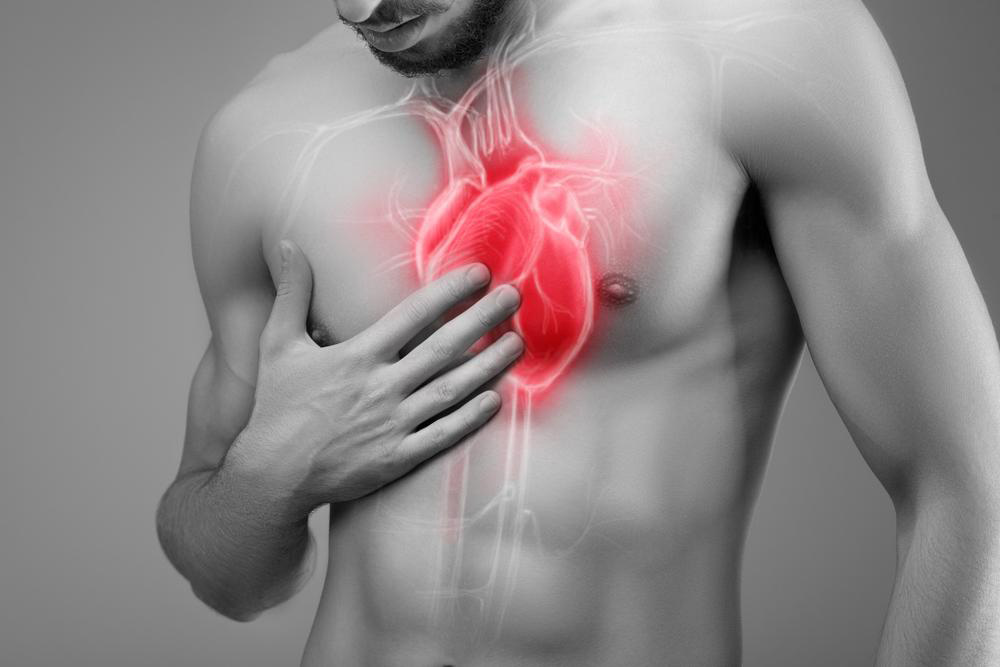Understanding Atrial Fibrillation: Causes, Symptoms, and Types
This article offers a comprehensive overview of atrial fibrillation, including its causes, symptoms, and types. It emphasizes the importance of early detection and awareness to prevent severe heart complications like strokes and heart failure. The piece explains how irregular heart rhythms develop and highlights the key differences between various AFib types, providing valuable insights for those seeking to understand or manage this serious condition.

Understanding Atrial Fibrillation: Causes, Symptoms, and Types
Atrial Fibrillation (AFib) affects approximately 2.7 million Americans, yet many are unaware of its severity or even its existence. Raising awareness is crucial to prevent serious heart complications. AFib causes the heart to beat irregularly or quiver, increasing the risk of blood clots, strokes, and heart failure. During AFib, the upper chambers of the heart, called the atria, do not pump blood effectively, disrupting normal circulation. Factors like high blood pressure, high cholesterol, and diabetes can contribute to this condition.
What occurs during AFib?
Normally, the heart contracts and relaxes in a regular rhythm, with the right atrium pumping blood into the ventricle, which then circulates blood throughout the body. Valves ensure unidirectional blood flow, and the heartbeat sound comes from these valves closing. However, in AFib, the atria quiver and can't effectively pump blood, leading to irregular heartbeats. This disturbance can be linked to hypertension, high cholesterol, or diabetes, and significantly increases the risk of blood clot formation. Such clots can block arteries, possibly causing heart attacks or strokes. Approximately 15-20% of stroke patients have experienced AFib.
This condition presents with various symptoms, including palpitations, chest discomfort, dizziness, weakness, and shortness of breath. Often described as the sensation of the heart fluttering or skipping beats, patients may also feel nauseous, fatigued, or lightheaded. Recognizing these signs early is vital for treatment. Symptoms can include:
- Irregular heartbeat or fluttering
- Persistent fatigue
- Chest tightness or pressure
- Dizziness and fainting
- Excessive sweating and anxiety
- Difficulty performing physical activities
Severe symptoms like chest pain require immediate medical attention, as they could signal a heart attack.
Types of AFib
Different forms of AFib include:
Paroxysmal AFib – Episodes resolve spontaneously within days.
Persistent AFib – Lasts longer than a week and may require medical intervention.
Long-standing AFib – Irregular rhythms persist beyond a year.
Permanent AFib – The irregular heartbeat is ongoing and unresolvable.
Non-valvular AFib – AFib not caused by heart valve issues.









